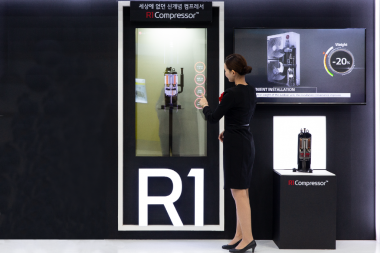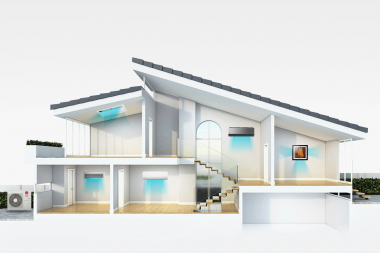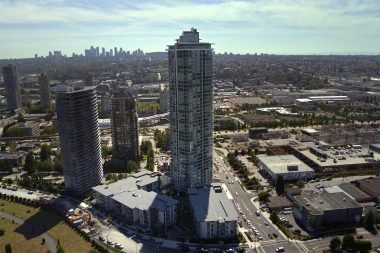
For many of us, our HVAC systems provide us with much needed relief from the heat in the summer and a well-maintained system can even provide relief to some allergy sufferers by removing particles from the air. However, air conditioners can also have a negative impact on our health, stemming from factors such as dryness and poor air quality due to insufficient circulation. Air conditioner use is increasing worldwide, and the comfort and satisfaction we derive from our air conditioners is invaluable. Today, we’ll look at a few negative side effects that can be brought on by air conditioning and how we can relieve some of these symptoms.
Dryness
Air conditioners remove moisture from the air during the cooling process, and this can affect us in several ways. Leaving the air conditioner on for long periods of time will dry out the air in a space and cause discomfort or even something more serious. One can avoid many of these symptoms by taking a short walk outside or opening windows intermittently to circulate the air.
Dry Eyes
Those that suffer from dry eye syndrome experience dryness, irritation, redness, and blurred vision and these symptoms can be exacerbated by the dryness of the air caused by air conditioning.
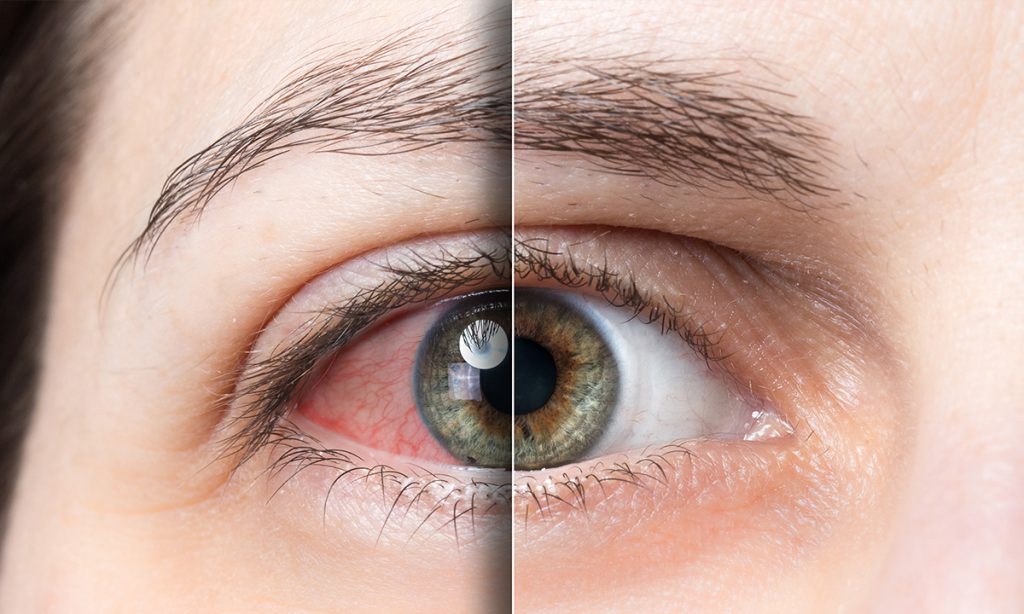

Dry and Itchy Skin
Sun exposure combined with prolonged exposure to air conditioning can cause dryness and irritation in the skin that may be temporary but can cause significant discomfort
Headaches
Dehydration and continued shivering due to cold temperatures can also cause headaches and migraines. Headaches can be brought on by poor air quality associated with systems that are not maintained properly.


Dehydration
The lack of moisture in the air caused by air conditioning can promote dehydration, which can also lead to headaches.
Air Quality
Some HVAC systems provide filtering that improves air quality but an air conditioner that is not maintained and cleaned properly can have adverse effects on our health. Maintaining a clean HVAC system with quality air filtration will provide quality air throughout any space. Effective air circulation is also important for maintaining a healthy environment.
Respiratory Conditions
As air conditioning dries out air conditions, it can cause nasal blockage, dry throat, shortness of breath or even lung infections.
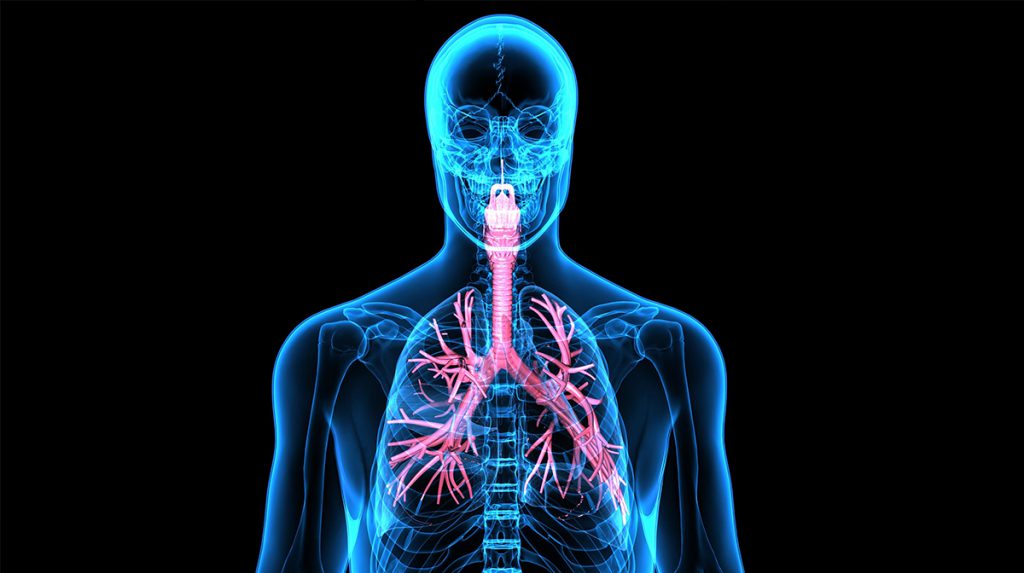

Allergies and Asthma
Air conditioners can provide relief for many allergy sufferers but a poorly maintained system exposes us to unhealthy particles and microbes while excessively cold conditions can cause complication for asthma sufferers.
Disease
Air conditioners can dry out our nasal passages and mucus membrane leaving us susceptible to viruses and bacterial infection.
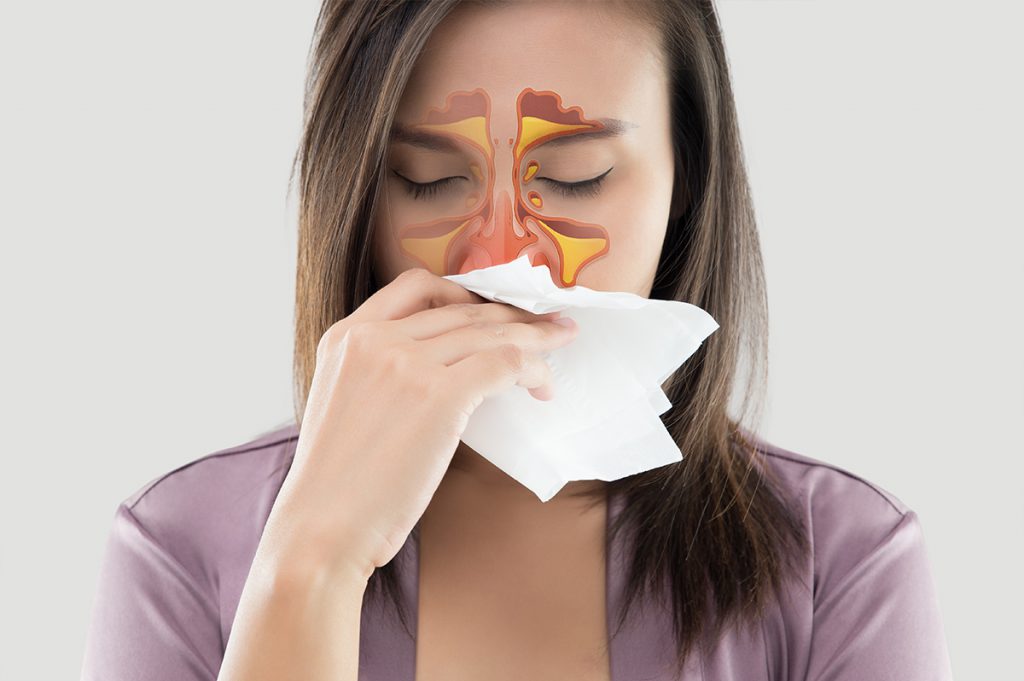
Drowsiness
Fatigue
You may think that a cool environment helps keep you awake and improves energy levels but, in fact, prolonged shivering in a cold environment can contribute to fatigue and a lack of concentration. Maintaining comfortable temperatures for all occupants in a working environment will improve productivity and alleviate fatigue brought on air conditioning. Air conditioners that evenly match temperatures precisely across diverse spaces throughout a facility to avoid excessive cold should provide comfortable environments for any home, office, school, hospital or commercial setting.
The HVAC systems in our homes and offices ensure that we stay comfortable throughout the year, but these same systems can be causing us health risks that we never assumed to be air conditioner related. While these side effects can be serious, most of them can be avoided by selecting and maintaining a clean and effective HVAC system. Be sure not to become over-dependent on your air conditioner and always allow for proper ventilation so that the spaces you occupy are healthy and clean. Taking care to monitor how you use your air conditioner and how it affects your body can keep you comfortable, healthy and more productive!






